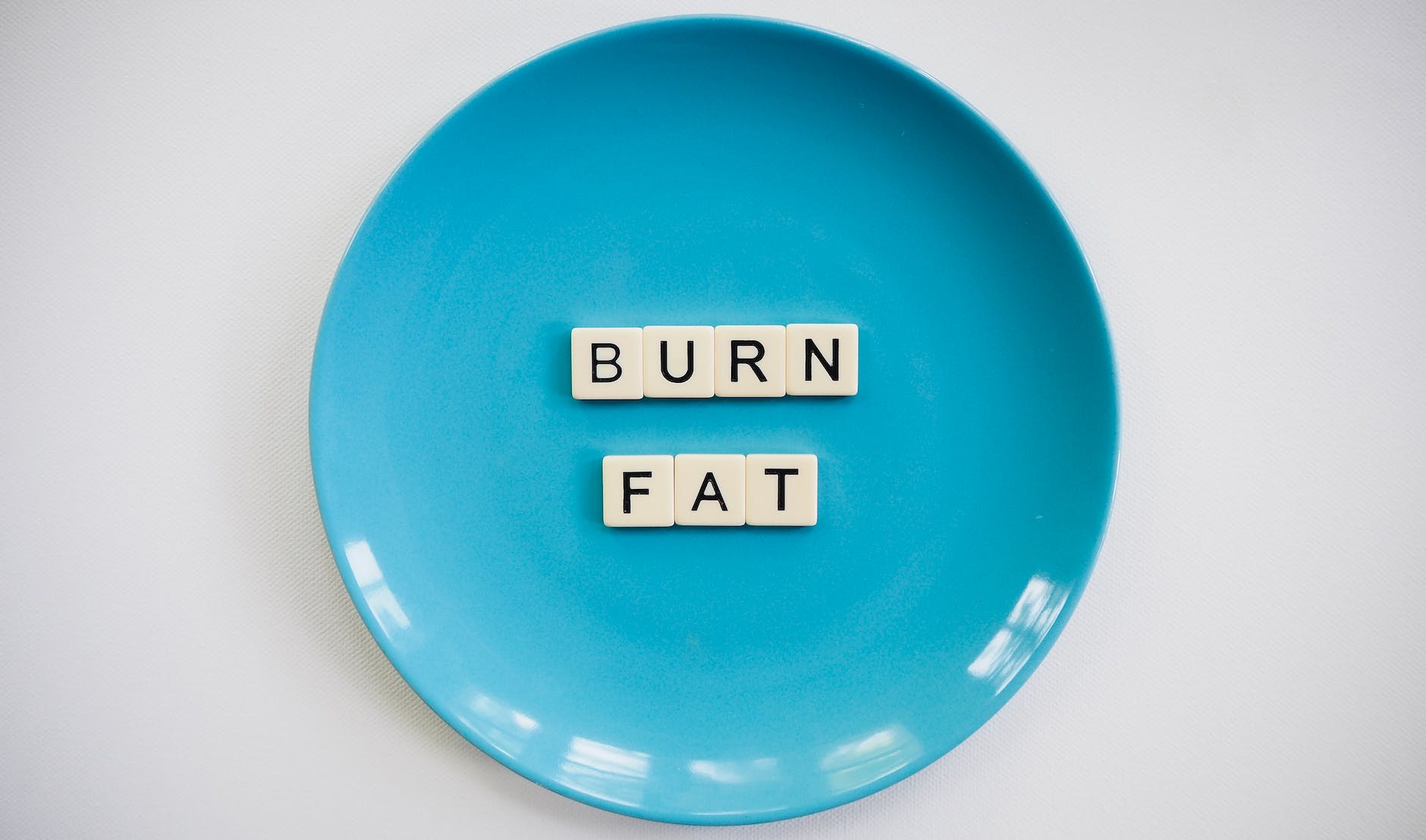
Are you looking for a natural and effective way to tackle stubborn belly fat? Look no further than the golden spice in your pantry—turmeric. Renowned for its vibrant color, robust flavor, and extensive health benefits, turmeric has gained popularity as a potent ingredient in traditional medicine and culinary traditions worldwide. In this comprehensive guide, we will explore the science-backed evidence and delve into the specific ways in which turmeric can aid in belly fat reduction. Get ready to unlock the full potential of turmeric and discover the secrets to a trimmer waistline. Let’s dive in! 🌿💪
🔥 Understanding the Role of Turmeric in Belly Fat Reduction 🔥 Turmeric contains an active compound called curcumin, which is responsible for many of its health-promoting properties. Numerous scientific studies have highlighted curcumin’s potential impact on body weight and fat metabolism. It exhibits anti-inflammatory, antioxidant, and metabolic-boosting effects, all of which contribute to its ability to support belly fat reduction.
🌡️ Curbing Inflammation for a Slimmer Waistline 🌡️ Chronic inflammation in the body is closely associated with weight gain, particularly around the abdominal area. Turmeric’s curcumin is known for its potent anti-inflammatory properties, helping to reduce the levels of inflammatory markers in the body. By addressing inflammation, turmeric creates an environment that is more conducive to weight loss, including the reduction of belly fat.
🔥 Boosting Metabolism and Fat Burning 🔥 A sluggish metabolism can make it challenging to shed excess weight, including stubborn belly fat. Turmeric has been found to enhance metabolic function and increase fat burning. Curcumin in turmeric activates enzymes involved in fat metabolism, promotes the breakdown of fatty acids, and stimulates thermogenesis—the body’s natural process of generating heat and burning calories. These effects can help accelerate belly fat loss and contribute to overall weight management.
🍽️ Incorporating Turmeric into Your Diet 🍽️ To reap the benefits of turmeric for belly fat reduction, it’s essential to incorporate it into your daily diet. You can start by adding turmeric powder to various dishes, such as curries, stir-fries, soups, and smoothies. Pairing turmeric with black pepper enhances its bioavailability due to the presence of piperine in black pepper. Another option is to consume turmeric supplements that provide a concentrated dose of curcumin. Remember to consult with a healthcare professional before starting any new supplements.
💡 Additional Tips for Belly Fat Reduction 💡 While turmeric can be a valuable tool in your belly fat reduction journey, it’s important to adopt a comprehensive approach for optimal results. Consider incorporating the following tips into your routine:
1️⃣ Maintain a balanced and nutritious diet that includes plenty of fruits, vegetables, whole grains, lean proteins, and healthy fats.
. 2️⃣ Engage in regular physical activity, including cardio exercises, strength training, and core-strengthening exercises that target the abdominal muscles.
3️⃣ Practice stress management techniques such as meditation, yoga, or deep breathing exercises to reduce stress-related belly fat accumulation.
. 4️⃣ Ensure adequate sleep as poor sleep quality and duration have been linked to weight gain and increased belly fat.
5️⃣ Stay hydrated by drinking enough water throughout the day to support digestion, metabolism, and overall well-being.
🌿💪 Embrace the Power of Turmeric for Belly Fat Reduction Turmeric, with its remarkable anti-inflammatory and metabolic-boosting properties, holds great promise in supporting your belly fat reduction goals. By incorporating this golden spice into your diet and adopting a healthy lifestyle, you can harness its potential benefits. Remember that sustainable weight loss and overall well-being require a holistic approach that encompasses healthy eating, regular exercise, stress management, and adequate sleep. Embrace the power of turmeric as a supportive tool on your journey to achieving a trimmer waistline and a healthier, more confident you.












